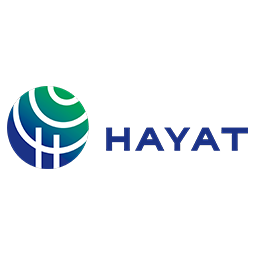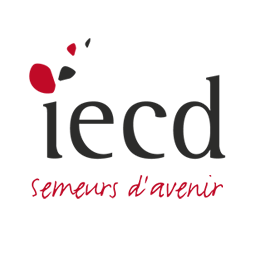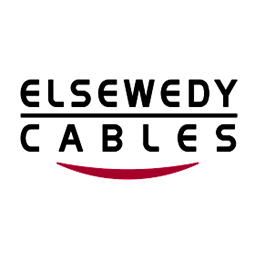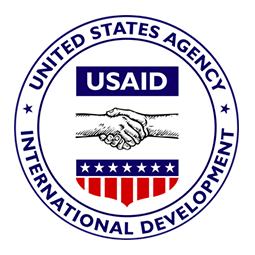
Corporate Well-being Leadership Training
Overview
A Post-Summit Strategic Initiative for HR and CSR Development
As part of the Well-being & Sustainability Summit's legacy activities, this program offers companies that sponsor the event a unique opportunity to invest in their people. This exclusive training is designed for HR professionals, CSR teams, and line managers to build their capabilities in establishing a sustainable employee well-being culture aligned with corporate policies and the Sustainable Development Goals (SDGs).
By participating, companies will empower their HR teams to lead internal transformations that prioritize employee mental health, workplace inclusivity, sustainable HR practices, and CSR integration into corporate well-being strategies.
Objectives
• Understand the strategic importance of employee well-being in corporate performance and sustainability.• Link well-being initiatives directly to specific SDGs and corporate responsibility strategies.
• Develop, implement, and evaluate effective well-being policies within the organization.
• Design well-being programs that align with corporate culture, business objectives, and employee needs.
• Foster a well-being-centered leadership style among HR and management teams.
• Measure the impact of well-being initiatives using KPIs and align reporting with CSR and ESG frameworks.
Outline
Day 1: Foundations of Corporate Well-being StrategyTheme: Building the Case for Well-being
Opening Session
- Introduction to global trends in workplace well-being
- Overview of SDGs related to corporate well-being
Session 1: Why Well-being Matters
- The business case for well-being
- ROI of well-being programs
- Connection to employee engagement, retention, and productivity
Session 2: The Role of HR and CSR in Well-being Leadership
- Strategic role of HR and CSR in embedding well-being into the corporate culture
- Integrating well-being into corporate responsibility agendas
Session 3: Corporate Culture and Its Impact on Well-being
- How culture affects mental health, inclusion, and resilience
- Identifying toxic vs. healthy workplace cultures
Workshop: Internal Assessment
- Self-assessment: Where is your organization now?
- Identifying current gaps in well-being programs and policies
Closing Activity
- Group exercise: Define a Well-being Culture Vision for your organization
Day 2: Designing and Implementing a Sustainable Well-being Program
Opening Recap
- Review of key learning from Day 1
- Icebreaker: Leadership for well-being
Session 4: Framework for Designing a Corporate Well-being Strategy
- Step-by-step guide to building a well-being policy
- Elements of an inclusive and sustainable program
Session 5: Embedding SDGs into Well-being Initiatives
- Mapping well-being efforts to SDG 3, 5, 8, and 10
- Case studies from successful organizations
Session 6: Well-being Activities, Programs, and Campaigns
- Mental health support programs
- Physical well-being initiatives
- Financial literacy and support for employees
- DEI (Diversity, Equity, and Inclusion) programs linked to well-being
Workshop: Building Your Action Plan
- Drafting a well-being program tailored to your company
Session 7: Measuring Success and Reporting
- KPIs and metrics for well-being initiatives
- Linking well-being data to CSR and ESG reports
Closing Activity: Commitment to Action
- Participants present a draft Well-being Implementation Plan
- Setting short-term and long-term goals
Language
Bilingual
Duration
2 Full Training Days - 12 Training Hours.
More Details
By participating,
companies will empower their HR teams to lead internal transformations that
prioritize employee mental health, workplace inclusivity, sustainable HR
practices, and CSR integration into corporate well-being strategies.
N/A
Benefits for the Sponsoring Companies
• Strengthen internal CSR and HR capabilities.
• Position the organization as a leader in employee well-being and sustainable development.
• Increase employee engagement and retention.
• Align internal strategies with the SDGs and ESG reporting standards.
• Tangible, visible impact from sponsoring the Summit.
• Strengthen internal CSR and HR capabilities.
• Position the organization as a leader in employee well-being and sustainable development.
• Increase employee engagement and retention.
• Align internal strategies with the SDGs and ESG reporting standards.
• Tangible, visible impact from sponsoring the Summit.












